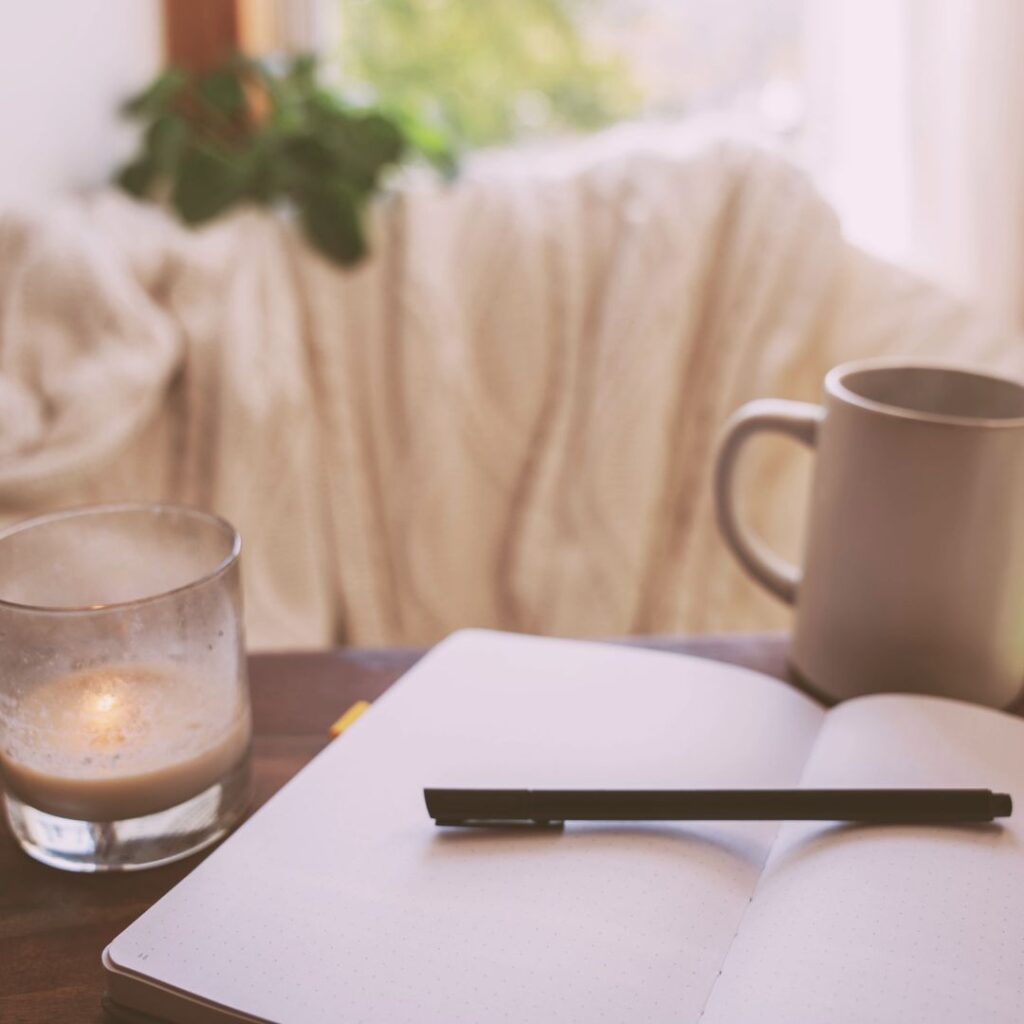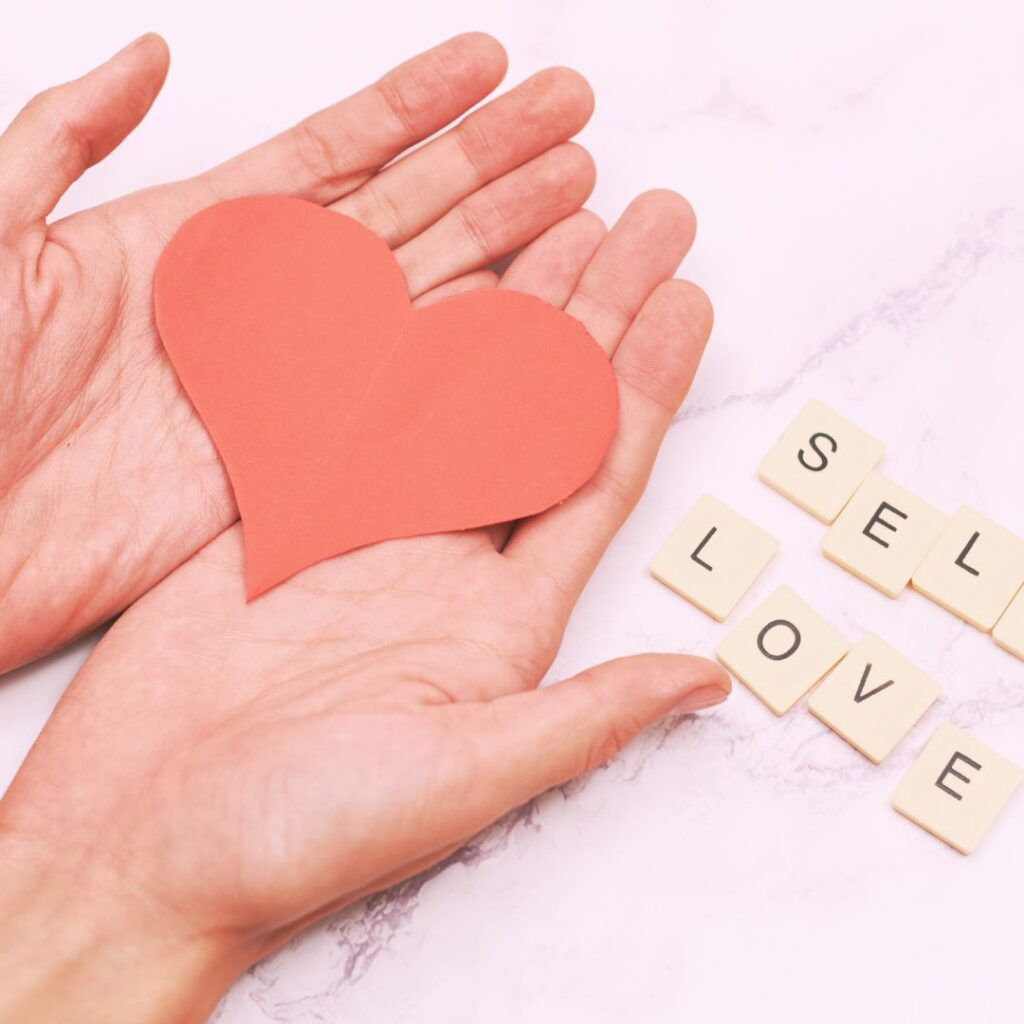Especially when it feels so uncomfortable! Here I talk about what boundaries are, why are they important and how to take baby steps to start setting them.
This weeks blog article is all about boundaries. Over the years, I have met many woman (including myself) who have asked the question ‘How do I set boundaries for myself?’ This is usually followed up with a comment like ‘without coming across like a bitch’. For a while I wondered why some of us women (again, me included) have a fear of coming across as nasty if we do something like say no to something we don’t want.
Well, it’s usually because there is something underneath it all. Some of us are ‘people pleasers’, some of us are fearful based on past trauma, some of us just don’t know where to start. So, naturally – we would rather be kind and helpful to others rather than coming across any potential risks associated with setting boundaries. Those of you that can relate to this, I have written this weeks blog article with you in mind.
Why? because we NEED boundaries in our lives. Both for ourselves personally, in relationships with others and in our professional lives. So, today I will discuss what boundaries are, why setting boundaries is important (and why it feel hard) and how you can start setting your own boundaries today!
What are boundaries?

The first step in establishing how to set boundaries is actually having an understanding of we mean by the term. Establishing and enforcing boundaries is an act of self-care that brings numerous benefits. Picture this fence above, a line that separates what is yours compared to what is someone elses. Now think of personal boundaries as an invisible (and metaphorical) fence. One that defines the limits of your personal and professional life. One that helps you to look after yourself, foster healthy relationships and keep yourself (and others) safe.
Boundaries come in many forms, here are some of them:
- Physical – Having personal space and the right to privacy
- Intellectual – Thoughts, beliefs, opinions and ideas
- Emotional – Sharing feelings with others, or keeping them to yourself
- Time – Choosing how you spend time in the day that is meaningful for you
- Spiritual – Religious and non-religious beliefs, honouring these through certain practices
- Financial/Material – Your money, property or other items that hold value to you
- Sexual – Discussion of sexual matters, establishing consent prior to and during sexual encounters
For more details about these boundaries, I have created a Boundaries PDF Workbook. If you would like me to send this to you for FREE, email me at rebecca@theorchardrose.com and I will email you the download.
Why is setting boundaries important?

With an idea of what boundaries are, let’s discuss why they are important. This may be obvious to you, but its wasn’t obvious to me when I was younger. For many reasons, I didn’t feel safe setting boundaries for myself so I didn’t care about what they were. Being unharmed and feeling safe was more important to me than setting boundaries. Little did I realise that setting boundaries would lead me to feeling safe!🤔
However, now that I have done a lot of healing and self care…as well as helping clients to set their own boundaries – I realise why they’re crucial! These are just some of the reasons why boundaries are important:
- Preserving Mental and Emotional Health
- Cultivating respectful relationships
- Enhancing personal growth
- Better time (and energy) management
- Empowering you to be assertive and have autonomy
Setting boundaries helps you to create space in your life to prioritise self care. I have spoken about the importance of Holistic self care in a previous article. But, basically – if we don’t have the capacity to say no to things that don’t serve us, we are basically saying yes to someone else’s life and no to ourselves.
With a foundation of healthy boundaries, we empower ourselves to prioritise well-being, allowing space for joy. Effective communication of our needs, expectations, and limitations forms the basis of mutual respect. This leads to healthy relationships with others.
By clearly defining our limits, we are also able to help others to set their boundaries. This leads to a solid relationship where both parties are respectful of one another. Boundaries allow us to learn more about ourselves and delve into what is essential to our authentic selves (I believe this goes hand in hand with values, which I talk about in the free download). As we practice this, we cultivate greater self-control and agency, ultimately enhancing personal empowerment and reinforcing our sense of self-worth.
How to set boundaries

Ok, it’s time to talk about the how! First things first, please be kind to yourself when you set off on your journey of boundary setting! It can feel really difficult and conflicting for some of us. Some of the reasons why it can feel so hard are:
- Fear of rejection, abandonment or disaproval
- Feelings of guilt or shame (hello fellow people pleasers)
- Lack of self awareness
- Lack of assertiveness or confidence
- Wanting to avoid conflict ‘like the plague’
- Cultural and/or societal expectations
I reckon I ticked every one of those reasons in the past. Honestly, some of them still apply to this day, but this article is not how to set boundaries like a BOSS! It’s just how to set boundaries, in general. Baby steps – people! What I can say is that there are only a couple in the list above that still show up in my life now. Yes it took work, but it was so worth it!
So, the next time you find yourself thinking you’re weak or pathetic or whatever…please remember that there is a reason behind not being able to set boundaries. Have an understanding about what is going on beneath the surface for you. Why it feels so difficult or unsafe.
Here are a few things you can do to start setting boundaries for yourself:
know what your values are
How do we set boundaries if we don’t even know what we are doing it for? I think one of the first steps is to understand what you actually value in life.
For example, if your top value in life is family – would you (in your free time) prioritise spending quality time with them or would you prioritise it on doing something your friend wants you to do (but you actually hate the thing!). If you answer is the latter, I would ask you – when you say yes to something you don’t want to do, what are you actually saying no to at the same time?
get to know yourself – how do you feel about certain things?
This is another no brainer for me. But also one that I completely disregarded in the past. If you are also someone that suppresses your feelings, checking into your body and how it feels may be difficult. Nonetheless, one way you understand what your limits are, is by knowing what is feels like when you go beyond this.
I noticed this about myself years ago while in a group chat with friends. I started realising that I was looking at my phone all the time, my belly had an anxious feeling associated with it and created worry (which would sometimes keep me awake at night). Now, there was nothing to actually be worried about. The problem was that I am an introvert and I get tired and overwhelmed by too much socialising. This included texting in a group on the phone. Once I left all group chats, a huge weight was lifted from my shoulders and I now have more energy to socialise in groups when I’m see them in person.
think how you would want your life to look (if it were up to you)
Now I know this might be tricky, but notice I said ‘think’. Is there harm in just thinking about how you want to spend your time? Jotting down some goals you would like to achieve, places you would like to see or things you would like to prioritise more can be a safe step in how to set boundaries.
You could also practice saying things out loud (by yourself) about what you really want. For some of us, we suppress our own needs for too long and one day – we explode. We get angry that ‘they have never lifted a finger in this house, it’s always me’ or ‘we only ever do what they want, I never get to choose’. But – have you ever asked them to do things you’re annoyed about? Or, do you think that they ‘should just know’ and you don’t want to have to ‘spell it out for them’? Or do you say ‘I’m easy, we can do whatever you want’ so often that they have just stopped asking?
Sometimes, we need to have a look at how we communicate our needs to others. Seeing a therapist or a coach can really help you to talk this through if you don’t feel confident with this.
start with the smaller things
Here is another example of taking a safe baby step. Start with the small things first. Who do you feel the most safe and comfortable with? Who could you ask a small request or what could you say ‘no thank you’ to that wouldn’t be a big deal?
For example, if your partner asks you what movie you want to watch – before answering ‘whatever’. Have a think, do you really mean that? Do you actually want to watch yet another action movie or is there a cool thriller out that you’d be more keen on? If you are in a safe relationship, would there be any harm in saying what your preference is? Or how about the next time your friend asks you to go shopping with her. If you loathe shopping, and she loves it, would it matter if you said ‘no thanks’ to going with her? Could she take someone else or go alone?
These may seem trivial, but if you find it difficult to say no to the bigger things, it can help to start saying no to the smaller things. The more you practice and see that the world won’t explode if you say no and the dishes will (eventually) be washed without you…the more confidence you will have.

There are a lot of articles on the web about how to set boundaries. So, if you have read this one because you can relate to how it can feel scary – thank you for taking the time. One article that I think is worth a read is by PositivePsychology.com, click here for a read.
If any of this resonated with you and you’d like coaching on it, I would love to hear from you. Send me an email at rebecca@theorchardrose.com, let me know your thoughts.


